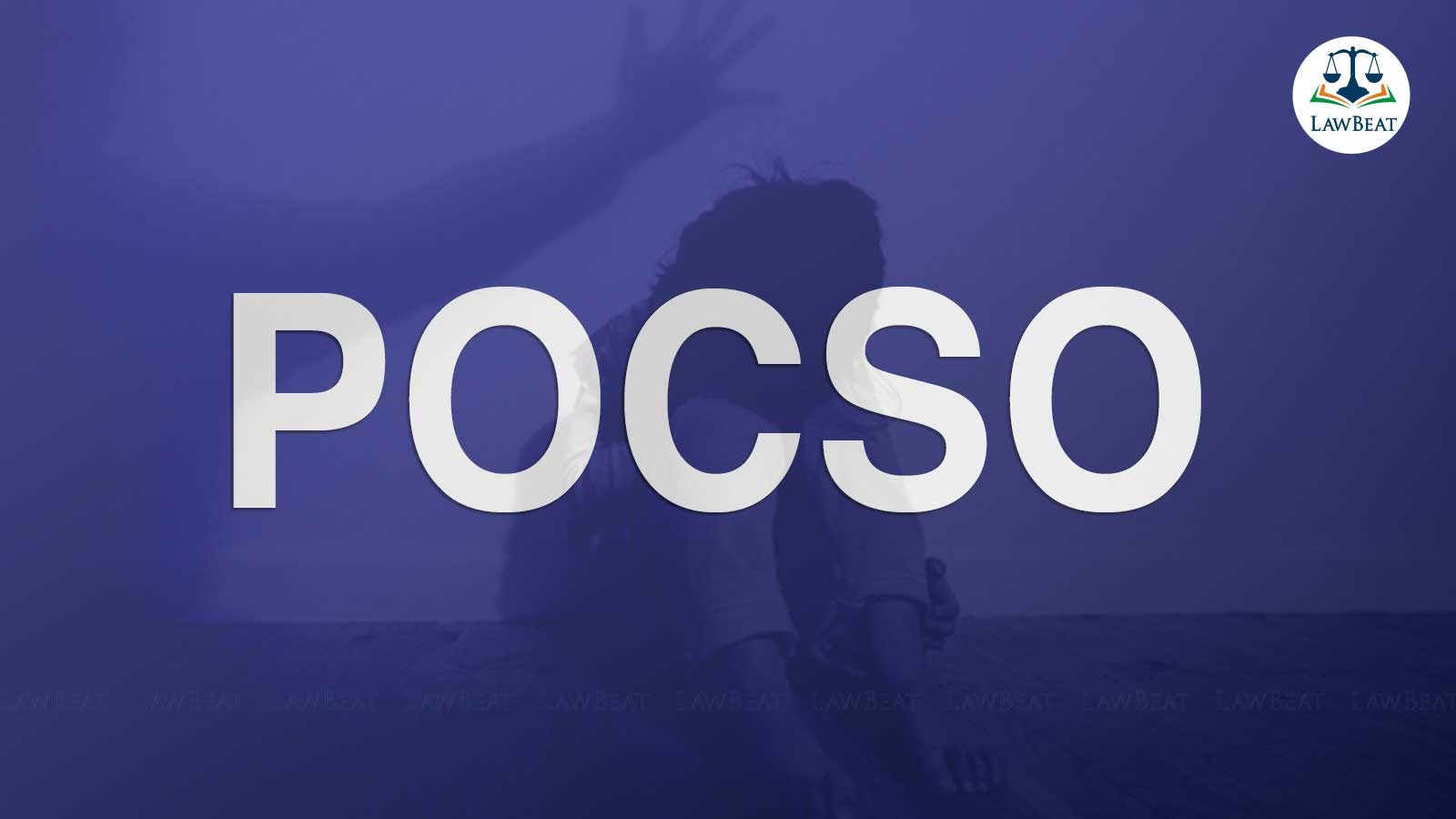Formulate Guidelines For Test Identification Parade In POCSO Cases: Bombay High Court To State Govt

During the hearing, the bench found that the 6-year-old victim was made to appear in the jail premises to identify the accused among the people standing there, and she was made to touch the convict.
The Bombay High Court has recently directed the State Government to frame guidelines for conducting test identification parades in POCSO cases.
The division bench of the high court at Aurangabad, comprising Justice Vibha Kankanwadi and Justice Abhay Waghase, was hearing an appeal filed by a convict who was sentenced to life imprisonment for raping a minor.
During the hearing, the bench found that the 6-year-old victim was made to appear in the jail premises to identify the accused among the people standing there, and she was made to touch the convict.
The division bench expressed serious concern about the procedure adopted by the Special Executive Magistrate, as it contravened the stipulated procedure under the POCSO Act.
In its order, the high court directed the state government to formulate guidelines for conducting Test Identification Parades in POCSO cases.
“We direct State to formulate suitable guidelines to be adhered to, while conducting TI parade in cases attracting provisions of Protection of Children from Sexual Offences Act, 2012 and to further suggest Standard Operating Procedure to be adopted, keeping in mind the aspect of confidentiality of details of the victim and also suggest necessary precautionary measures to be taken while making victim participate in TI parade for identifying perpetrator, with requisite infrastructural set up for the same,” the order states.
The bench also observed that the authorities had shown utter disregard for the procedure contemplated and spelt out in the form of guidelines.
“We have noticed that in spite of directions issued by the Apex Court time and again regarding meticulous compliance of Standard Operating Procedure to be adopted during collection of biological and non-biological evidence and its preservation to avoid its degradation and to further maintain its integrity, the stakeholders like medical experts, who conducted physical examination of both, victim and accused, and retrieved samples, so also the police machinery and the forensic experts have shown utter disregard to the procedure contemplated and spelt out in the form of guidelines,” the order reads.
The high court, in its order, emphasized the importance of authorities keeping themselves well-informed and updated on the guidelines issued by the Health Ministry/Home Ministry.
“We take this opportunity to bring it to the notice of the State as well as prosecution that, all stakeholders like police, medical experts, forensic experts and even prosecutors to be sensitive to the need of proper collection, sampling, preservation and safe custody to rule out possibility of diminishing and/or degrading the quality of evidence. Such authorities need to keep themselves well informed and updated on the guidelines issued by Health Ministry/Home Ministry,” the order states.
Case title: Parvej Khan vs State of Maharashtra
